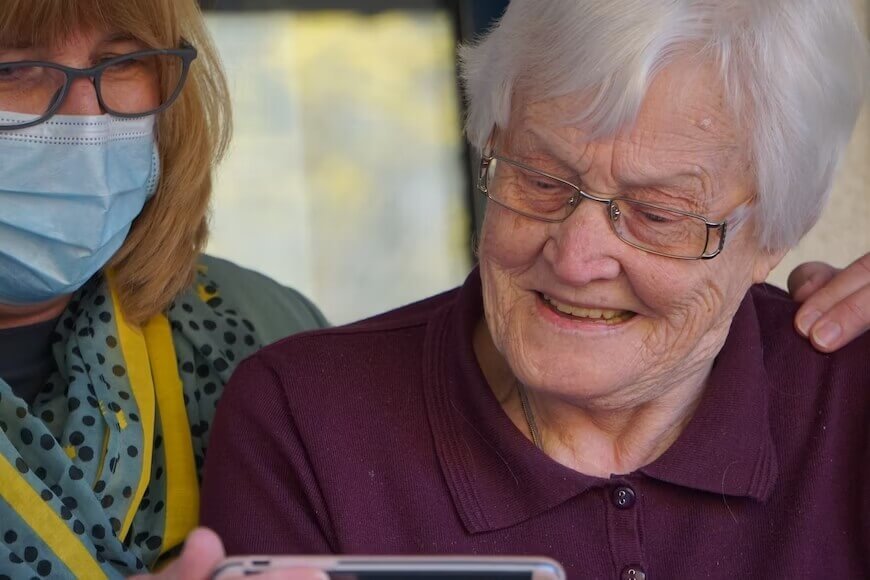Ensuring the health and well-being of your aging loved one is increasingly important. The aging process often involves various physical and cognitive transformations that may require extra assistance and attention. While assuming the role of a caregiver for an elderly family member is an admirable responsibility, it can also present potential challenges. Sometimes you can’t be there to help them, and some issues require medical attention or a trained expert. You will face all sorts of caregiving challenges. That’s where professional in-home senior care services come into the equation.
While many seniors value their independence, there may come a time when they require extra support and care. Identifying your limitations and calling in-home care professionals when the time comes is important. To ensure your loved one receives the best possible care, choose a reputable in-home service like Husky Senior Care that can meet your loved one’s specific needs, ensure their safety, and promote their overall well-being. Here are three signs that indicate your loved one needs in-home senior care:
1. Decline in Physical Health and Mobility
One of the main signs your loved one might benefit from in-home senior care is the manifestation of physical limitations. Older people often encounter various physical ailments like arthritis, osteoporosis, or cardiovascular conditions. These conditions can significantly impede their capacity to carry out daily activities and uphold their independence.
If you observe your loved one facing challenges with basic tasks like bathing, dressing, or mobility in and out of bed, it may be a clear indication that they need additional assistance. Frequent falls or unexplained bruises can also be warning signs of declining mobility and balance. In such cases, having a trained caregiver who can provide physical support, help with medication management, and ensure a safe living environment becomes essential.
2. Cognitive Decline and Memory Loss
Another noteworthy indication your loved one needs in-home senior care is the presence of cognitive decline and memory loss. Conditions such as Alzheimer’s disease and various forms of dementia can profoundly impact an individual’s capacity to recall essential information, recognize familiar faces, and make sound judgments.
Signs of cognitive decline may include forgetting important appointments or events, difficulty managing finances, or getting lost in familiar places. In-home senior care can provide specialized support tailored to your loved one’s cognitive needs, ensuring they receive the necessary supervision and assistance to maintain a good quality of life.
3. Social Isolation
Feelings of loneliness and social isolation can negatively impact the mental and emotional well-being of seniors. Seniors who experience a gradual withdrawal and heightened sense of isolation may find significant advantages in opting for in-home senior care.
If you notice your loved one experiencing a lack of social interaction, neglecting hobbies, or losing interest in activities they once enjoyed, it could be they are feeling isolated and lonely. In-home senior care services not only offer companionship but also facilitate social engagement through stimulating conversations, leisure activities, and outings. By fostering social connections, in-home care providers can help combat loneliness and improve your loved one’s emotional well-being.
Endnote
It is essential to recognize the indications your elderly loved one requires in-home senior care to prioritize their safety and overall wellness. From deteriorating physical health and limited mobility to cognitive decline and feelings of social isolation, these are three prevalent signals your aging parent needs supplementary assistance. Engaging in transparent and sincere discussions regarding your loved one’s evolving needs and preferences is important. Opting for in-home senior care is a proactive step towards ensuring your loved one’s safety, comfort, and overall well-being during their golden years.

